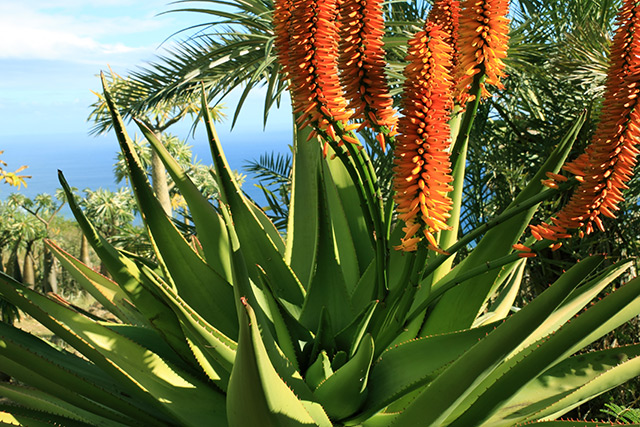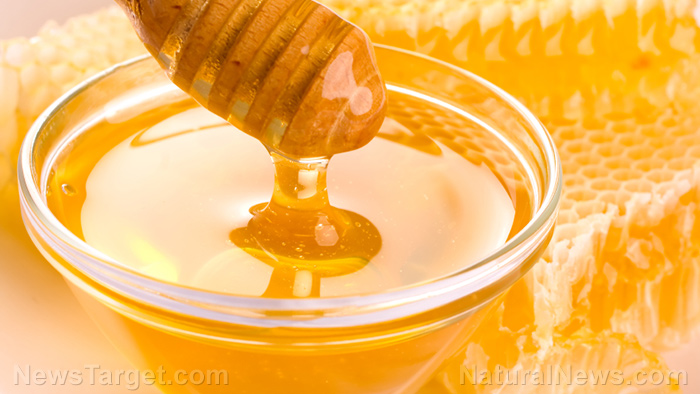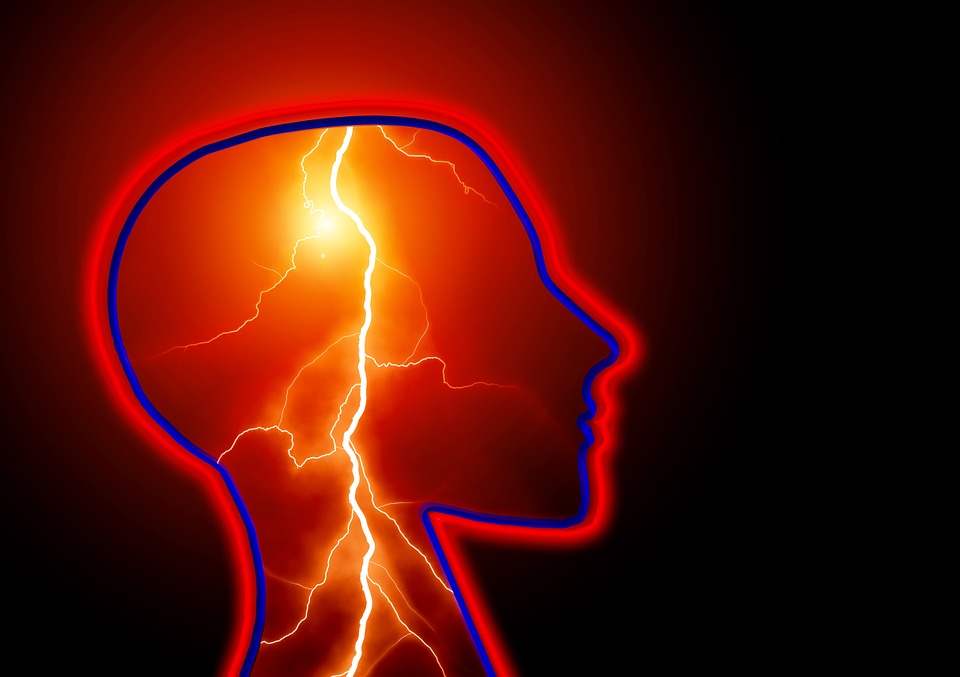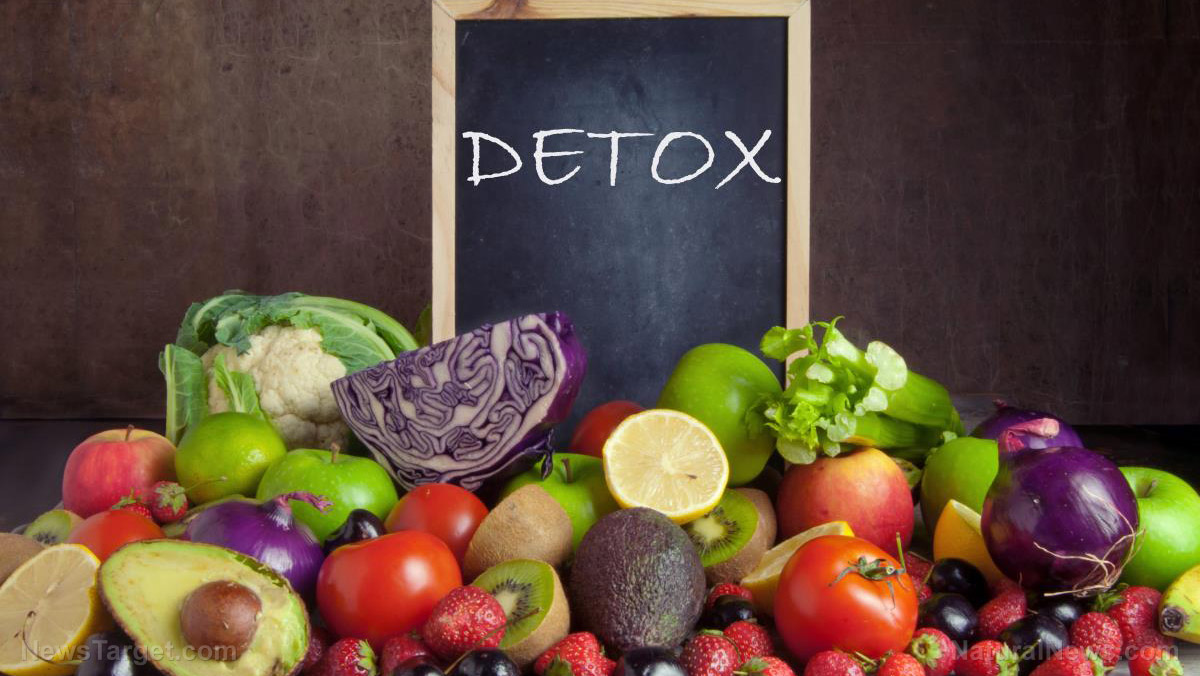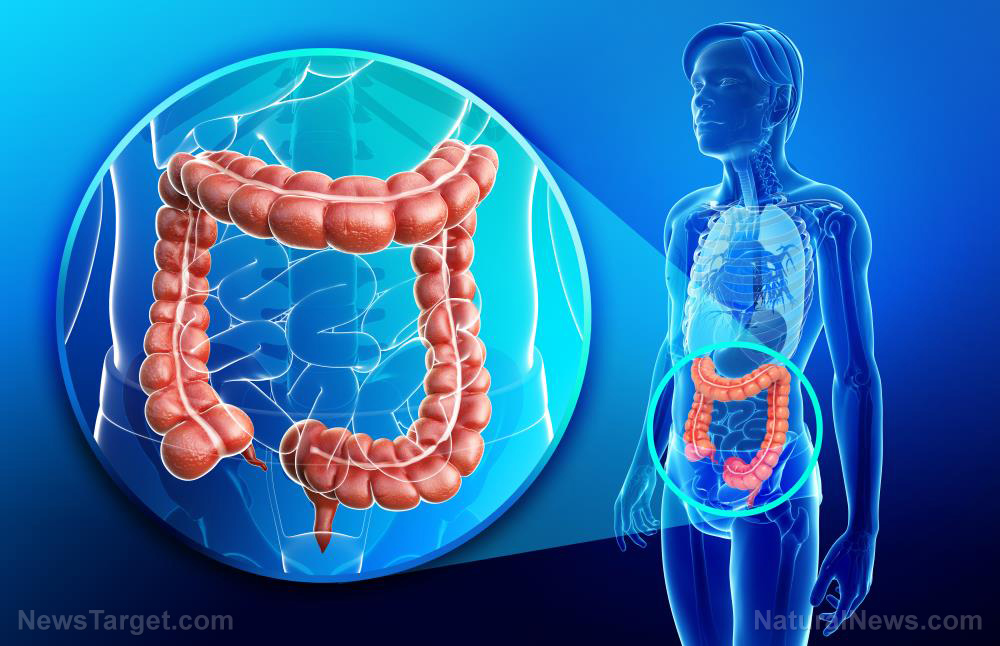Quercetin can slow down the progression of rheumatoid arthritis
10/17/2018 / By Janine Acero

Rheumatoid arthritis affects 1.3 million Americans and there is currently no known cure. This condition has been associated with inflammation and oxidation in the body. One recent study evaluated the effectiveness of quercetin, a strong antioxidant with anti-inflammatory properties, in improving the symptoms of rheumatoid arthritis.
Rheumatoid arthritis is an autoimmune disease that affects the joints, muscles, and tendons. It commonly affects women and results in pain, deformed joints, bone erosion, and osteoporosis.
The study, which was published in the Journal of the American College of Nutrition, was a randomized, double-blind trial with female participants who are currently suffering from rheumatoid arthritis. A total of 40 patients were given either a placebo or 500 mg of quercetin per day for eight weeks.
The participants’ blood was tested both before and after the eight-week period and analyzed for inflammation markers related to rheumatoid arthritis. Their blood was also tested for ESR (erythrocyte sedimentation rate) levels to determine disease activity. The researchers also assessed the patients’ quality of life and level of disability.
After the trial, the participants who took quercetin reported a decrease in the incidence of early-morning stiffness, while those in the placebo group reported no significant changes. The researchers also noted improved inflammation markers and ESR levels in the quercetin group.
The findings of the study indicate that quercetin has beneficial effects on rheumatoid arthritis symptoms. The research team believes that ongoing, consistent use of quercetin may be key to receiving all of its benefits. (Related: Natural remedy for rheumatoid arthritis found in this traditional Chinese ethnomedicine.)
More on the benefits of quercetin
Why is it important to have quercetin in your body? Below are some of the health benefits that quercetin can offer:
- Anti-inflammatory — Quercetin works by inhibiting certain chemical pathways from generating inflammation. Taking quercetin can help reduce the pain of arthritis, gout, rheumatism, and the general inflammation caused by colds, fevers, muscle aches, and strain.
- Anti-allergenic — Quercetin combats histamine in the body, the substance that causes allergic reactions, which makes it an effective reliever from seasonal and food allergies.
- Anti-cancer — Quercetin is an antioxidant; it can fight free radicals and protect your body from oxidative stress. Several studies have suggested that quercetin can control the growth of cancerous cells.
- Asthma treatment — Since quercetin can reduce the amount of inflammatory or allergic reaction chemicals in the body, it can also reduce the severity of asthma attacks, as well as reduce various forms of congestion that are unrelated to asthma.
- Controls blood pressure — Quercetin has been shown to lower blood pressure and treat the complications often associated with cardiovascular disease.
- Youthful skin — Eating a quercetin-filled diet, which is usually based on leafy greens, other vegetables, and fresh fruit, can contribute to younger-looking skin. It nourishes your skin naturally and enhances your complexion. Being an antioxidant, quercetin has the ability to fight factors that promote early aging.
Quercetin can be found in foods such as apples, berries, citrus fruits, grapes, onions, olive oil, green tea, and red wine. This flavonoid is also present in some herbs such as ginkgo biloba and St. John’s wort.
Increase quercetin levels in your body by eating plenty of these healthy foods or you can take a daily quercetin supplement instead.
More people are awakening to the power and health benefits of quercetin. Learn more about this natural compound and other flavonoids at Nutrients.news.
Sources include:
Tagged Under: allergies, alternative medicine, anti-inflammatory, asthma, flavonoids, inflammation, joint pain, joints, natural cures, natural medicine, natural remedies, nutrients, pain relief, prevent disease, quercetin, rheumatoid arthritis, supplements




